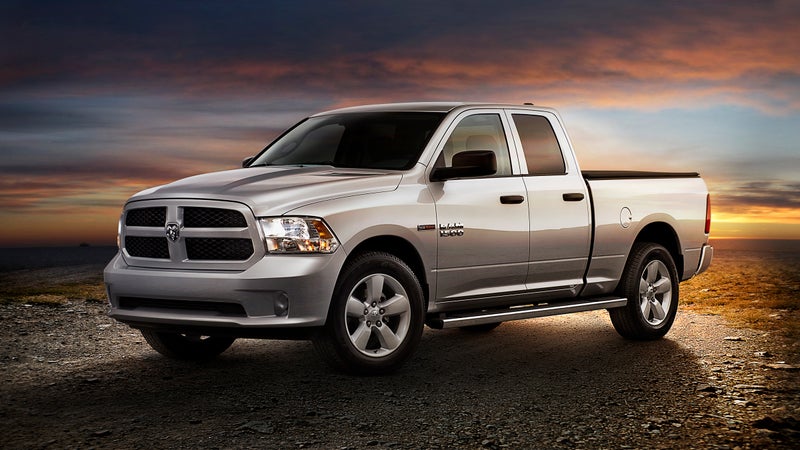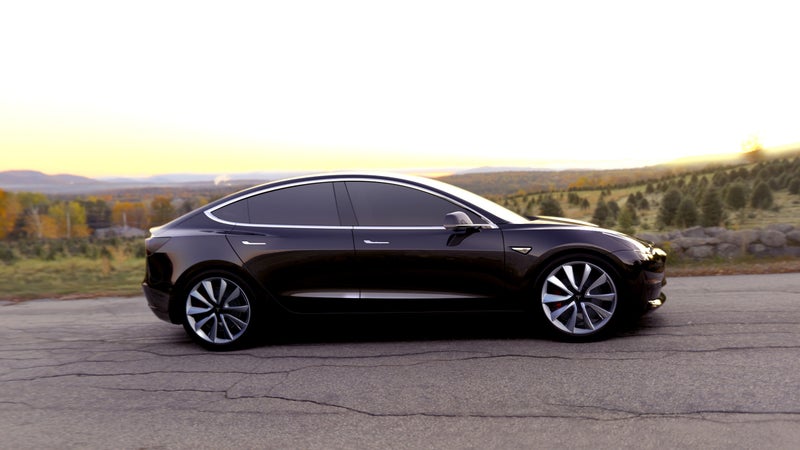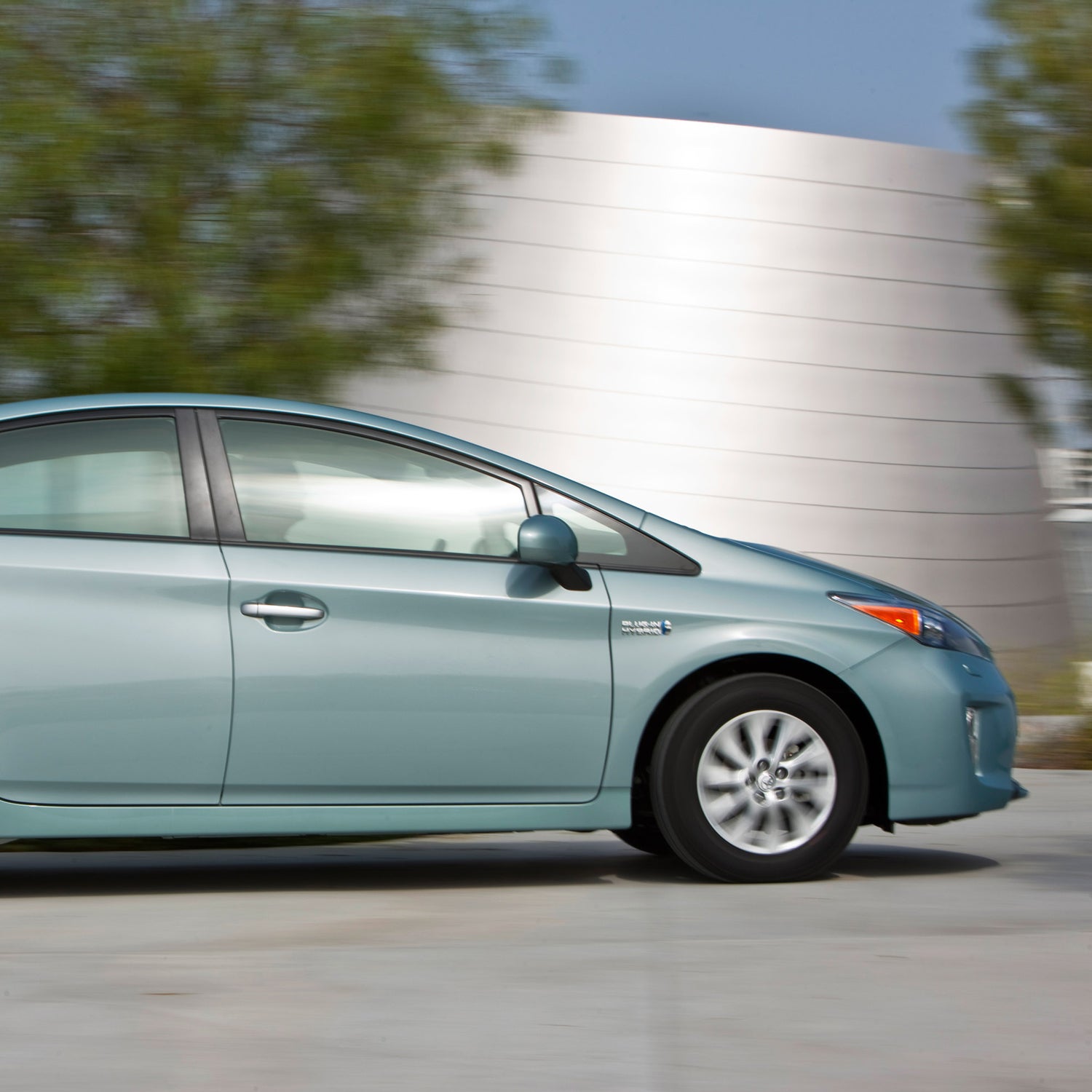There’s been a lot of news about fuel-efficient cars lately. Last month, Tesla announced the Model 3, then promptly took more than 325,000 pre-orders. Meanwhile Volkswagen continues to mop up after its “clean diesel” ruse. All this commotion got us thinking about green cars and we started to wonder what the greenest option really is. To find out, we called Wayne Gerdes, the guy behind . He’s been testing fuel efficiency claims for more than a decade and easily ranked our options. Â
#1:Â Hybrids (pictured above)
Pros: “In general, hybrids have the lowest overall carbon footprint, and the Toyota hybrids, in particular, are some of the most reliable vehicles on the road today. They’re built to go 200,000 miles.”
Cons: “There’s a hybrid premium buyers have to pay for upfront. But over time they’ll make up for it in fuel costs and resale.”
Top Pick:Â Toyota Plug-in Prius
Buyer's Tip: “With gas prices as low as they are right now, there’s never been a better time to buy a hybrid. You should be able to get more than $2,000—$7,000 off the sticker price.”
#2:Ěý¶Ůľ±±đ˛ő±đ±ô

Pros: “As a fuel, diesel has a lower carbon footprint than gasoline,diesel engines are 50-percent more efficient than a gasoline one, and they’re also better in heavy traffic. West of the Rockies, diesel is often cheaper by the gallon than gasoline. The newer engines are cleaning up the NOx (nitrogen oxides) emissions, and they’re getting better at trapping the particulates, too (VW's TDI diesels notwithstanding). And if you need to tow anything, it’s no contest—diesels win.”
Cons: “There can be a $2,500—$7,500 premium for a diesel engine over a gasoline one, and they can be expensive to fix—replacing a fuel injector in some of the newer diesel truck engines can run up to $1,000 each. However, diesels hold their value better than gas vehicles, so the total cost of ownership should be lower.”
Top Pick: Ram 1500 EcoDiesel Pick-up
Buyer's Tip: “Diesels become more economical to own the more you drive them. A good rule of thumb: consider a diesel if you drive more than 30 miles per day. Drive less than 30? Consider a hybrid.”
#3:Ěý·ˇ±ô±đł¦łŮ°ůľ±ł¦

Pros: “Low CO2 emissions…and that’s pretty much it.”
Cons: “In my book, here’s where electrics fall short: a gallon of unleaded in a Prius takes 20 second to put into the tank and will take me 50 miles. To go 50 miles in an electric car means adding a 250-pound battery pack to the vehicle, which then requires 3.5 hours of charging time, even with a more efficient Level II charger. In short, adding range adds hundreds of pounds to an electric vehicle, which means it uses more juice, significantly increasing its carbon footprint. In fact, the carbon footprint of a Tesla Model S is greater than that of a Toyota Prius.”
Top Pick: None yet.
Buyer's Tip: “Before you buy an electric vehicle, check with your utility company. You may be shocked at how much more your electric bill goes up when charging a car every night. Some utilities even require you to pay for and install a separate meter for the vehicle and will charge you the equivalent of $5 to $6/gallon to charge it.”
Caveat: If you charge your electric exclusively off a solar panel, then it's the greenest vehicle to drive.


